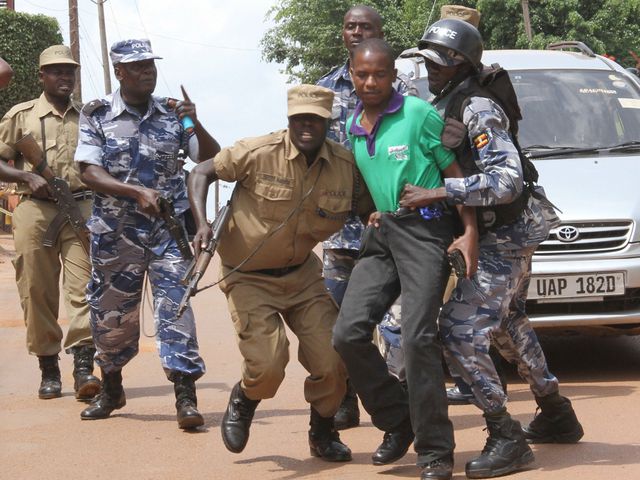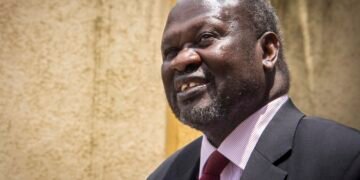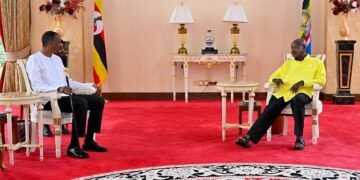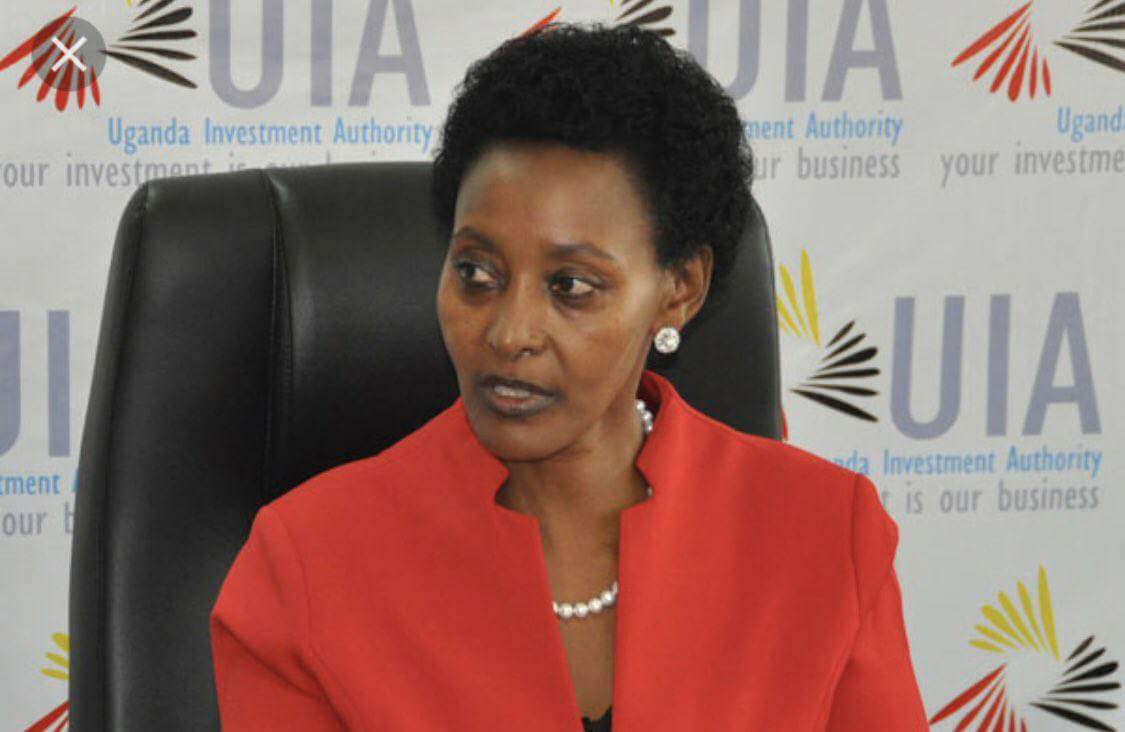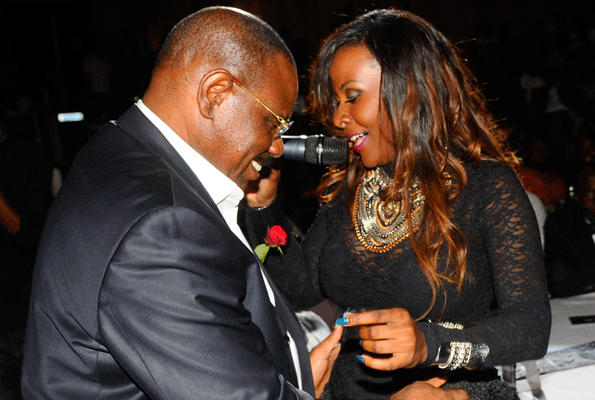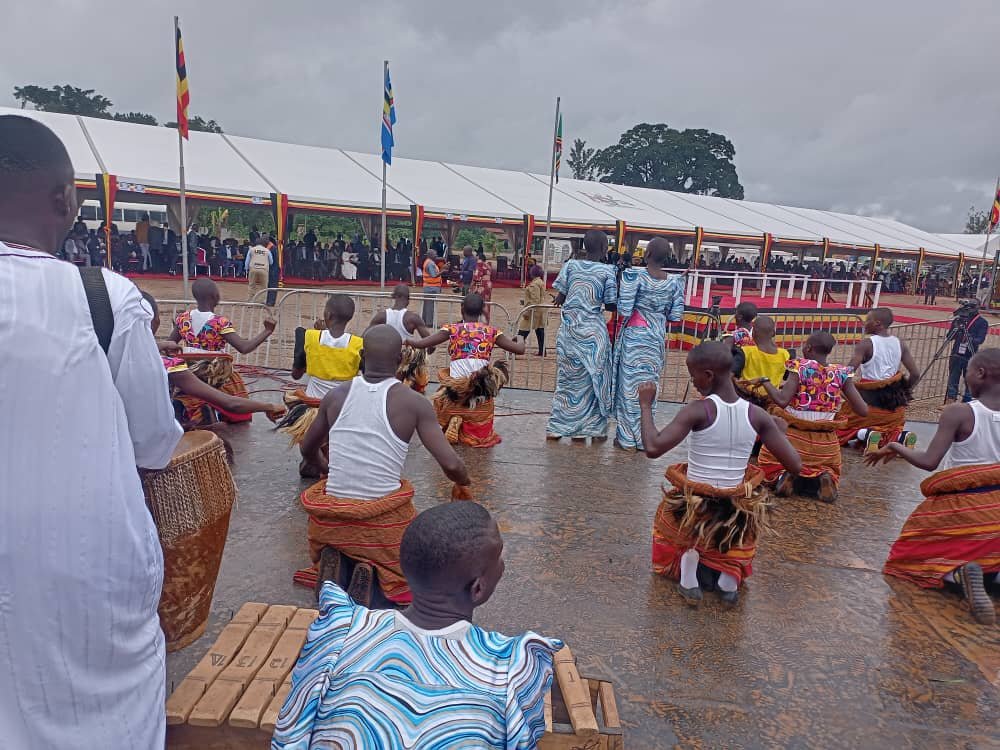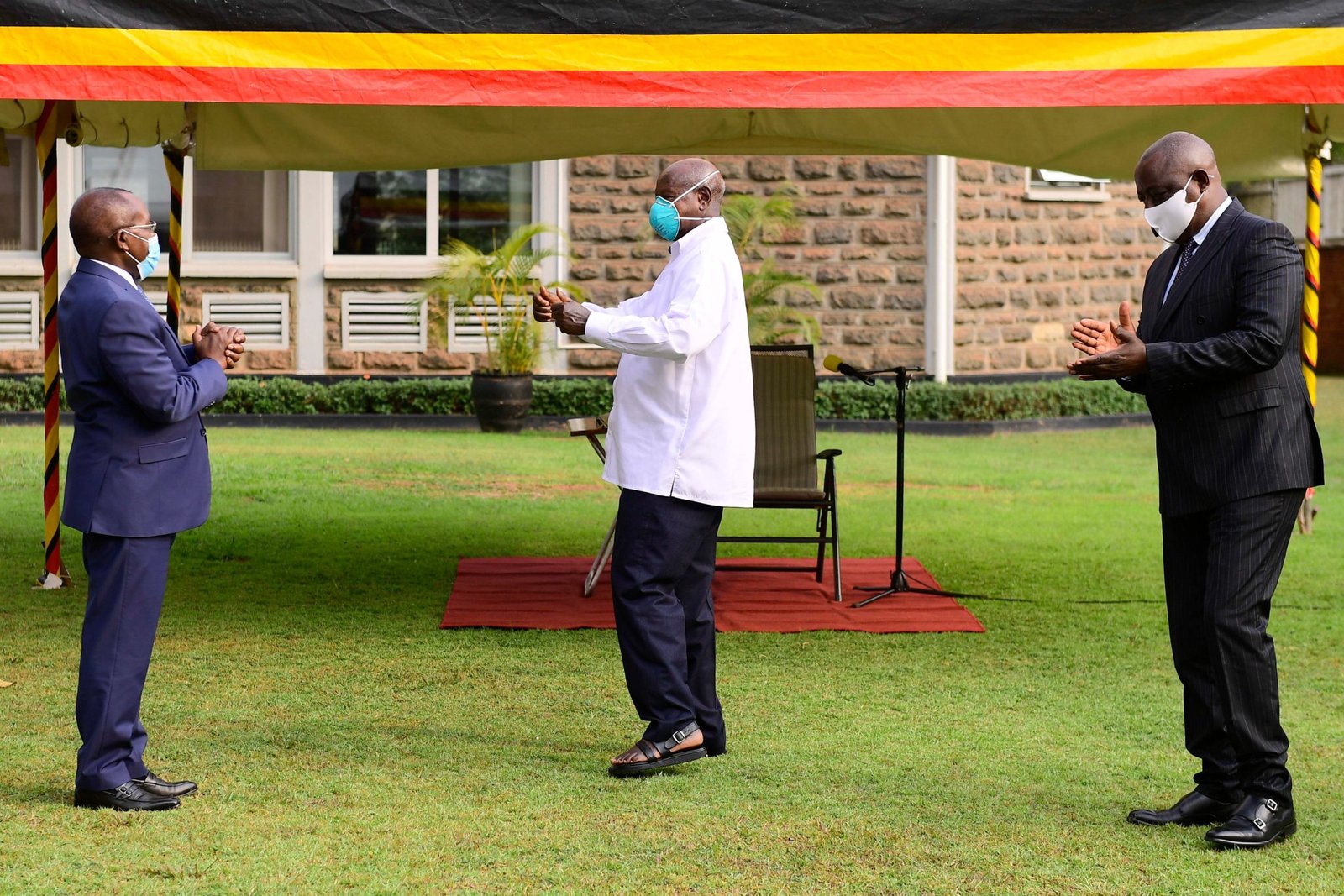The Electoral Commission has issued a comprehensive directive to journalists, media houses, and political actors, outlining strict guidelines to govern reporting and media conduct on Election Day and during the broader election period.
The new guidelines emphasize neutrality, voter privacy, factual reporting, and equal media access for all political parties and candidates. Journalists are required to strictly comply with electoral laws and must be accredited to access polling stations and election events.
According to the directive, journalists may observe voting activities but are barred from interfering with voters, electoral officers, or materials. They are also prohibited from wearing party symbols or engaging in any partisan behavior while on duty.
“The media must provide factual and nonpartisan coverage as events unfold,” the guidelines state, warning against actions that may influence or intimidate voters.
The Electoral Commission cautions against photographing or filming inside voting booths or in any manner that compromises the secrecy of the ballot. Journalists are also advised to avoid broadcasting speculative content and to rely solely on verified information from credible sources, such as presiding officers or Commission officials.
“Media houses and platforms shall not announce or broadcast unofficial election results,” the Commission stressed, warning that premature announcements could spark confusion or unrest.
Special provisions have been issued for state-owned or state-controlled media, requiring them to treat all political parties and candidates equally. These outlets must provide balanced news coverage, fair access to airtime, and impartial voter education content.
Citing the Presidential Elections Act, 2005 and the Parliamentary Elections Act, 2005, the guidelines underscore the duty of state broadcasters to inform the public about voting procedures, campaign issues, and the roles of contested offices without favoring any political entity.
Political parties and candidates have also been warned against bribing journalists or demanding specific reporters to cover their campaigns. “Any attempt to distort the electoral process by offering bribes must be reported immediately to the Electoral Commission,” the statement reads.
Editors have full discretion over journalist assignments, and candidates are not allowed to dictate media coverage arrangements.
All media stations public and private must file and publish standard rate cards for political adverts, sponsored content, and talk shows.
These rate cards must be submitted to the Uganda Communications Commission (UCC) and shared with political stakeholders upon request. The rates are to remain unchanged throughout the election period.
Stations are also required to provide equitable opportunities to all candidates wishing to purchase advertising or participate in talk shows. Media houses are barred from selling out all available advertising space to a single party or candidate.
The guidelines introduce strict rules on advertising costs, particularly for legally qualified candidates. Broadcasters must charge the lowest unit rate offered to commercial advertisers for similar slots and must disclose all discount privileges. Even bonus spots and package deals offered during elections are to be factored into this pricing.
Candidates are entitled to buy single advertising spots at discounted rates and must be informed of all available time classes, pricing structures, and preemption risks.
The Electoral Commission emphasized that these measures aim to uphold transparency, safeguard the democratic process, and ensure a level playing field for all candidates and media stakeholders. Media houses and journalists who fail to comply with the guidelines may face penalties or revocation of accreditation.
For additional clarification or to obtain copies of the official media rate card templates, stakeholders are advised to contact the Electoral Commission or Uganda Communications Commission.


